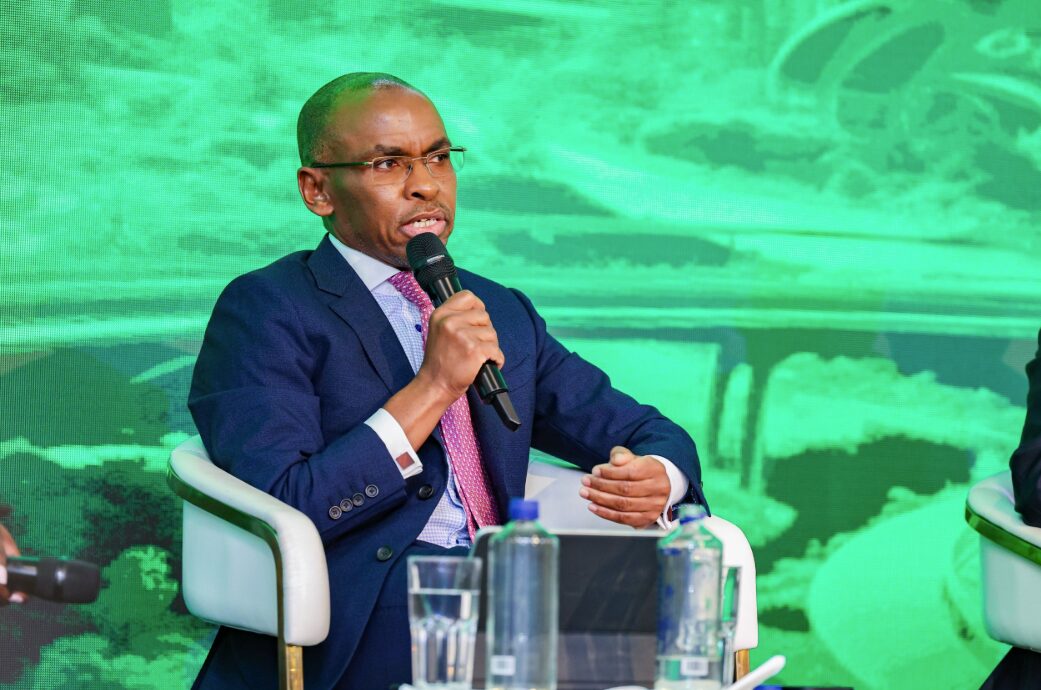The passing of former Prime Minister Raila Amolo Odinga gathered fresh attention across the higher education sector this weekend, as corporate leaders and academics reflected on decades of political reform, civic resilience, and human rights advocacy that shaped Kenya’s democratic trajectory and expanded civic space in the post-multiparty era, setting a tone of national reflection at the Meru University of Science and Technology graduation ceremony on Saturday.

Safaricom’s chief executive, Peter Ndegwa, joined a broad chorus of institutional voices praising a legacy that many credit with expanding democratic participation and opening space for technological advancement across the economy.
Safaricom, the telecommunications giant with millions of customers nationwide, issued a corporate condolence statement noting Odinga’s contribution to a more inclusive political settlement in 2008 under the Government of National Unity, where his role in co-launching Vision 2030 set national priorities around infrastructure, innovation, and digital integration.
The company wrote that these policy choices helped create a regulatory and economic environment where digital payments, data services, and mobile connectivity could gain traction, feeding Kenya’s shift into a regional technology hub.
The Safaricom message extended sympathy to Mama Ida Odinga, Rosemary, Raila Jnr., Winnie, and the wider Odinga family, adding that the late leader’s resilience helped shape the country’s political, social, and economic landscape.
Speaking at Meru University, Ndegwa told graduates that Odinga’s life reflected service, sacrifice, and a commitment to justice.
“Raila Odinga stood tall in defending human rights and promoting democracy. His life reminds us that leadership is about service and sacrifice,” said Ndegwa, who urged students to carry courage and integrity into the labour market, where Kenya’s evolving digital economy demands professionalism and accountability.

By positioning Odinga’s legacy within the values of public leadership, Ndegwa drew a line between political history and the ethical expectations placed on a rising generation of engineers, scientists, and business graduates.
The Vice Chancellor of Meru University, Prof. Romanus Odhiambo, added that honesty and responsibility remain central to professional advancement, noting that employers now demand transparent conduct and stewardship over sensitive data and institutional resources.
Odhiambo told graduates that the job market rewards those who apply knowledge with discipline, particularly as government institutions and private corporations intensify compliance requirements across procurement, information security, and financial reporting.
His remarks arrived at a moment when Kenyan universities are under pressure to demonstrate the relevance of academic training amid rapid automation and regional competition for skilled labour.
Odinga’s policy influence intersected directly with Kenya’s telecommunications boom, as the Vision 2030 blueprint placed information and communication technology at the centre of national growth.
Mobile penetration rose sharply over the decade that followed, and the spread of mobile money altered consumer behaviour across rural and urban markets.
For investors, these trends created new streams of revenue in voice, data, and digital services, while lowering transaction costs for small enterprises.
By aligning policy with innovation, Kenya expanded its regional footprint in fintech, a move that later contributed to foreign investment inflows and the maturation of start-up ecosystems in Nairobi and beyond.
For corporate Kenya, tributes to Odinga carry broader symbolism at a moment when the country debates constitutional reform, debt sustainability, and youth unemployment.
By invoking service and integrity, business leaders highlight the moral architecture required to sustain economic growth in an era of technological volatility.
As graduates leave Meru University and enter an economy defined by competition and innovation, the question of ethical leadership sits near the centre of corporate governance discussions, shaping how companies recruit, train, and evaluate talent.
Kenyan Business Feed is the top Kenyan Business Blog. We share news from Kenya and across the region. To contact us with any alert, please email us to [email protected]













